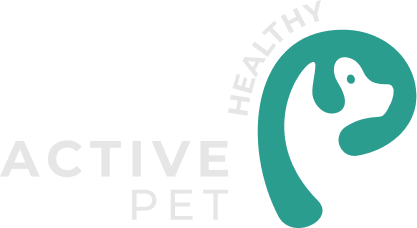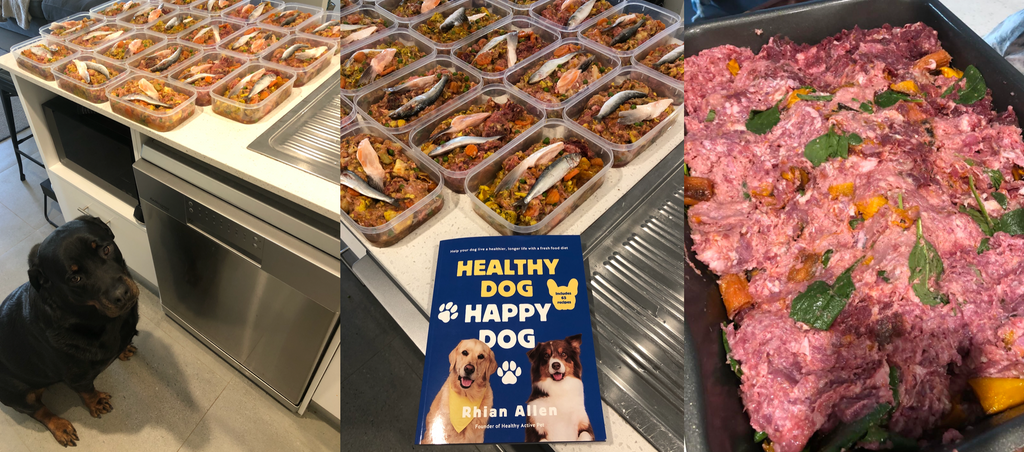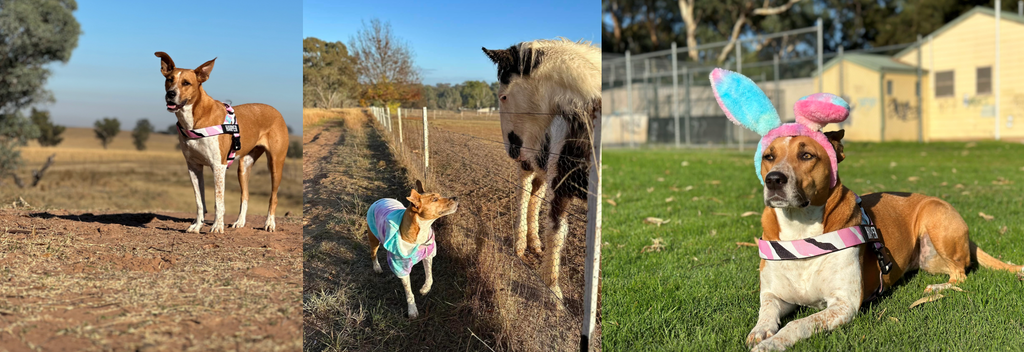
Why is the Australian pet food unregulated? And is it the same in the USA and the UK
Pet food regulation in Australia can be extremely tricky to navigate, with rules changing from state to state and depending on what sort of product is being made or sold.
To say that the industry if completely unregulated is not entirely true, but there are certainly parts of it that are, and many others leave a lot to be desired.
When people say “the pet food industry is unregulated,” they’re generally referring to the processed pet food industry that makes products like kibbles and tinned foods, which makes up the bulk of pet food in this country. Broadly speaking, this is true.
There is no legal instrument at any state or federal level that oversees what goes into this food, its nutritional composition, how it is manufactured, its labelling and how it is marketed. That’s pretty shocking!
What we do have is the Pet Food Industry Association of Australia (PFIAA) and an Australian Standard that governs the manufacturing and marketing of pet food (AS5812).
However, the PFIAA are not a regulatory body and they hold no legal powers to enforce anything, and AS5812 is not enshrined in any laws even if they did. The PFIAA are, as their name suggests, an industry body.
This means they represent stakeholders in an industry; in this case the pet food industry. Their members are primarily pet food manufacturers and retailers.
And while you do need to follow the rules set out in the Australian Standard if you wish to be a member, the PFIAA was one of the key players involved in writing the standard, so they essentially wrote their own rules.
These rules are often extremely flimsy, with many spurious “regulations” that arguably do more to mislead consumers than protect them. Particularly when it comes to marketing claims, manufacturers are given wide range to advertise in ways that totally misrepresent their products.
For example, they are permitted to name foods by an animal protein that is present as just 5% of the product, and apply “rehydration factors” that inflate the advertised meat percentage by up to 4 times its actual composition.
Membership does require that your food meets the AAFCO nutrition standards for requires macronutrients, vitamins and minerals, which a vast majority of members do by simply adding a synthetic vitamin and mineral premix to their product.
There is no requirement that the food be otherwise suitable or meet the digestive and metabolic design of dogs and cats, which is why so many pet foods are made from largely cheap, heavily processed starches.
Membership to the PFIAA is also completely voluntary, so manufacturers can simply opt not to join and then they are free of the (fairly loose) shackles of AS5812.
This system is largely a replica of the American pet food industry, whose equivalent body is the Association of American Feed Control Officials (AAFCO) and similar to the European model, where the European Pet Food Industry Federation (FEDIAF – the acronym refers to the French name) oversees pet food regulation.
In The USA the FDA does technically have some power, but they have largely vested this to AAFCO, who represent the industry. Much of the Australian Standard is actually copied verbatim from AAFCO documents, and many of the biggest industry players are key members of all three.
If we compare this to the regulations in force when manufacturing raw pet food or other meat based treats and products, they are very different. These regulations can be difficult to navigate as they change from state to state, but the fact that they exist at all is a big step in the right direction! Any meat based products (including dehydrated and freeze dried) are regulated by the state meat regulator, just like human food.
The regulations are generally not quite as strict as meat intended for humans (except in QLD where they are the same), but in many ways they offer a significant layer of protection and they are a significant step up from nothing at all.
So why is this allowed to happen? Well, when an industry is self-regulated and as forgiving as the pet food industry, why would anyone within it push for change? If we want to see genuine reform to pet food regulations in Australia, we need to demand it as consumers and vote with our wallets.
And check out our 4 week dog challenge that encompasses all of the above and will put your dog on the right track
Shop our products
You can see our raw air and freeze dry foods here
Or you can get full access to our 4 week meal plan programs and raw food recipes here





